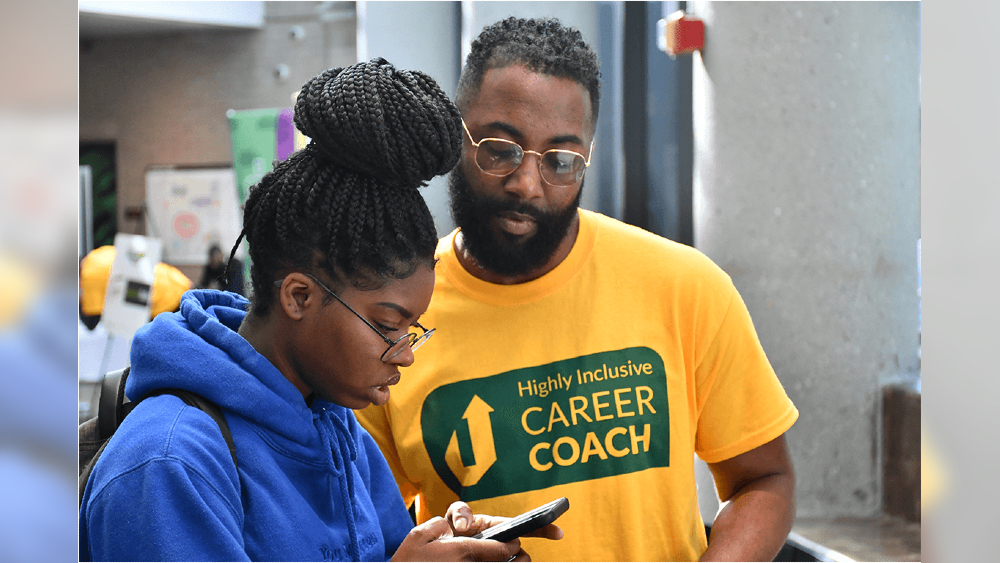If you’re interested in sharing your opinion on any cultural, political or personal topic, create an account here and check out our how-to post to learn more.
____
In the age of coronavirus, social distancing has necessitated internet connectivity. Those who have it can continue learning, attending virtual meetings and accessing employment opportunities online. But as the curve rises, inequalities have deepened for African American young adults living in poor communities who lack devices and Wi-Fi access at home.
We know that Generation Z-ers and young millennials are technologically savvy, gifted content creators and social media influencers. Now, a wide swath of them have been separated from the broadband they used to access in school, coffee shops, libraries, community-based organizations and other public spaces. As employers move toward virtual interviewing and educational institutions resort to virtual classrooms, the digital divide has emerged as one of the chief barriers to young adults leveraging technology to maximize their learning and earning potential.
Within a knowledge-based, tech-driven economy, access to Wi-Fi at home is not just a nice thing to have — it is an essential utility. As we move deeper into an economic reordering, it is essential that the public sector evolve in a direction that ensures that the digital divide does not widen the opportunity divide for the most disadvantaged.
A survey by the Pew Research Center found that roughly six out of 10 African Americans own a desktop or laptop computer, compared to eight out of 10 whites. While achieving near parity as smartphone owners, one out of three African Americans rely on their phone as their computer. But without broadband access at home, what good is it?
The LeadersUp Insights Team recently surveyed approximately 10,000 young adults ages 18 – 29 to get a sense of their digital connectivity and discovered significant gaps. Just 52% have access to high-speed Internet at home; 65% had their mobile data plan disconnected for up to two months within the last six months; and 35% use their cell phone as a computer.
The Internet is a bridge to information, learning and economic opportunity. For young adults who lack basic skills, it is imperative they have digital access to career readiness and professional development tools to prepare them for the world of work.
Broadband providers like Verizon and AT&T have stepped up, offering discounts or free Wi-Fi for a limited time to school districts, healthcare and nonprofit social services providers. While such actions are admirable, they do not solve the access problem for youth who are disconnected from school. And what happens when the free period ends?
For those in leadership positions, digital access must be the focus to ensure that as we flatten the curve we also bridge the divide by advancing equitable access to the Wi-Fi connectivity. We must challenge systems, such as public schools that have adapted to distance learning, to take an equity-centered approach to how they are serving young people who lack devices and broadband at home. We must also challenge the private sector when forging public-private partnerships to embrace strategies that are inclusive.
As companies move to virtual hiring strategies, we must mentor and provide access to coaching for young adults to make sure they know how to effectively use digital tools such as Zoom and Google hangouts; how to effectively work from home; and how to leverage other collaborative/project management platforms that support virtual workspaces.
Community leaders, high school and college counselors, and elected officials, I implore you to stay close to this issue, keep your finger on the pulse of where the demand is and couple that knowledge with digital assets to future proof our young adults. We must meet them where they are and stand in the gap to ensure none are left behind.
____
Jeffery T. D. Wallace is President and CEO of LeadersUp, a nonprofit talent development accelerator that bridges the divide between the untapped potential of young people and the business challenge of finding and keeping the best talent. He can be reached at Jeffery@LeadersUp.org. Visit LeadersUp.org.

